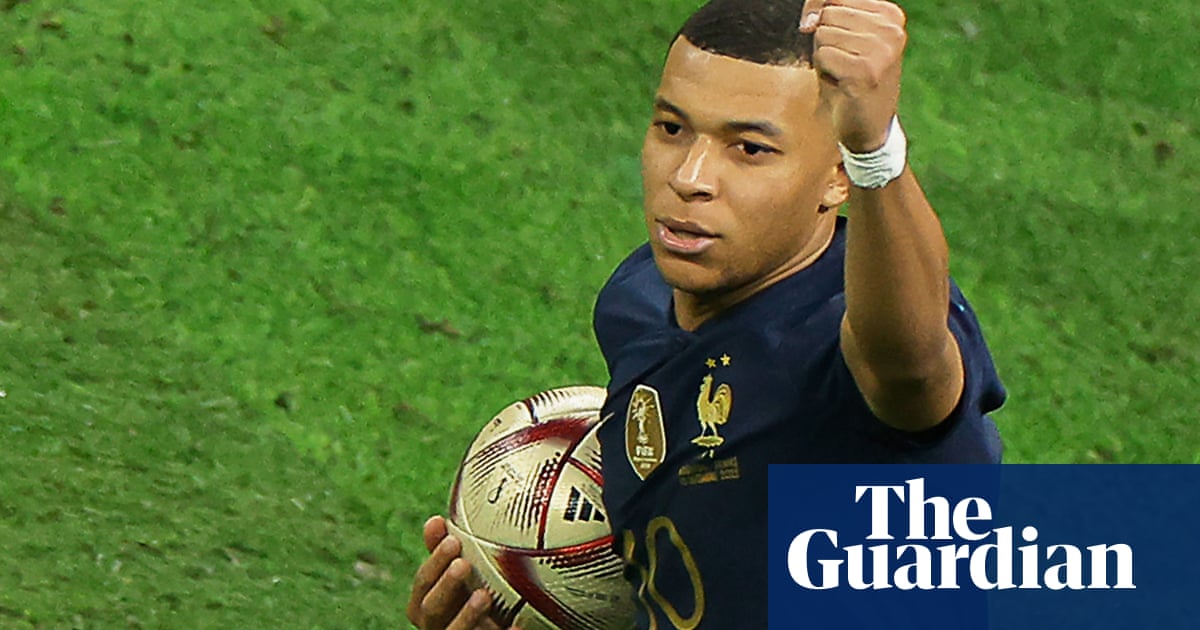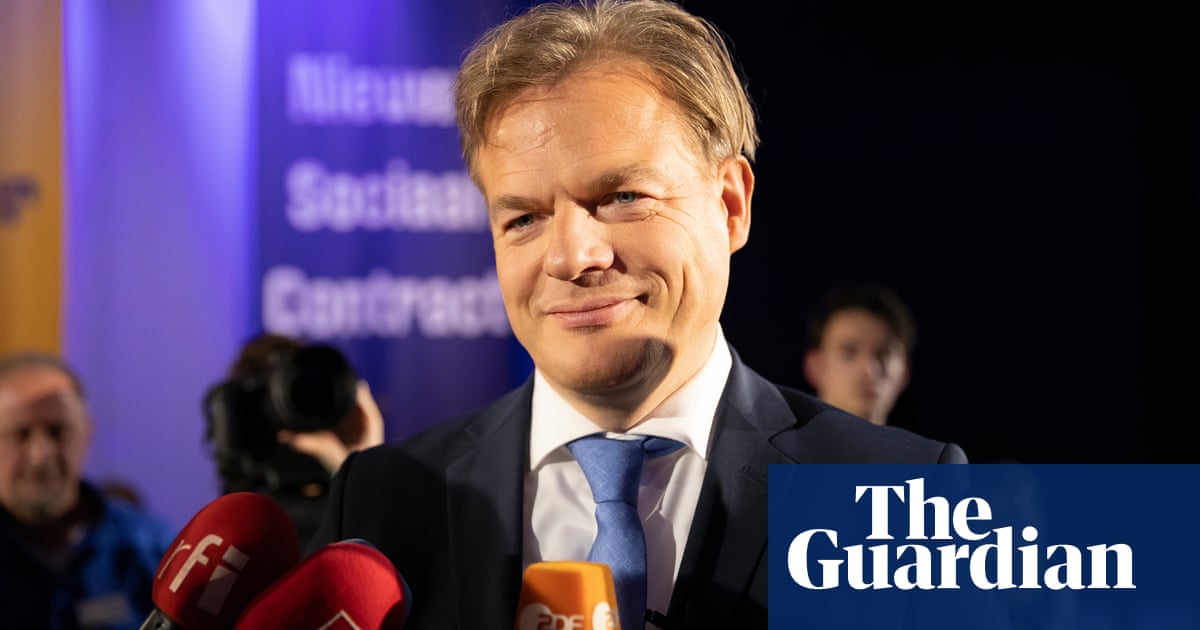
Didier Deschamps, ever the arch pragmatist, will earn no plaudits for aesthetics after France’s 1-0 win over Belgium. The manager chose to pack his midfield and employ a low defensive block, but France were devastatingly effective. That effectiveness has always been in this team, but it was down to Deschamps to draw upon his considerable resources and find the right balance in the side.
Belgium, like Argentina and Uruguay, played into France’s hands by lacking a clear tactical approach. Roberto Martínez was taken to task before the tournament for selecting just one specialist full-back, Thomas Meunier, and a suspension to the PSG right-back proved costly for Belgium. Martínez’s decision to ditch his three-man defense for a back four with Jan Vertonghen and Nacer Chadli as full-backs looks more bizarre with each passing moment. So, too, does his decision to drop Dries Mertens and play Kevin de Bruyne on the right, a move that left the Manchester City midfielder struggling to make an impact against the determined Blaise Matuidi.
Everton and Wigan fans will be a familiar with Martínez’s shortcomings but Deschamps deserves more credit than his counterpart deserves blame. Six years into his spell as the national manager and following a mixed spell in club management, Deschamps has well and truly made this team in his own image. Not only that, but he has exhibited the self-belief to put his ideas into action on the pitch, something France had previously lacked at major tournaments.
Deschamps did not necessarily pick the 23 most talented players available to him but a squad that would be wholly devoted to working for each other and for their manager. There were shades of this at Euro 2016, but no one would confuse Dimitri Payet’s proclivity for flair at the expense of playing a complete match or the lackadaisical defending of Patrice Evra or Bacary Sagna for the dogged performances of current full-backs Lucas Hernández and Benjamin Pavard.
When constructing this squad, Deschamps did not rely on past glories while turning out for Les Bleus (Mamadou Sakho), his own past loyalties (Moussa Sissoko) or the fact that a player is at a major club (Anthony Martial and Alexandre Lacazette). This is also a reflection of Deschamps’ pragmatism. He based his selection not just on talent but on how France would function as a team. It is also part of his own evolution. The Deschamps of the past would never have left out the experience of Sakho, Benzema or Mathieu Debuchy for the untested Pavard and Presnel Kimpembe.
He has still made the odd tactical mis-step, such as employing a collection of scurrying, clever forwards at the expense of Olivier Giroud in the first match, against Australia, which left France with serious spacing issues in attack. However, tactics have never been Deschamps’ strong suit, even as he seems to have sprung upon a rather ingenious solution with his current lop-sided 4-4-2/4-3-3 hybrid.
His strength has been in managing this squad. The electric presence of Kylian Mbappé and the occasional flashes of brilliance from Pogba and Griezmann have most definitely played their part in taking France to the final, but what has made them successful is their togetherness and doggedness. This unity had its genesis in Deschamps’ insistence on picking a young, almost untested side at the expense of more established players. Again, the excluded players may have more experience, notably Karim Benzema, but they would not have been as likely to buy into Deschamps’ planning in the same way.
Almost to a man, this team has been willing to sublimate their own individuality for the good of the team. This would have seemed unlikely for Pogba or Griezmann in the recent past; not only are they two proven talents, but they are also hugely popular figures who have massive commercial interests around the world.
Not only have they steered away from the odd ill-advised attacking move, but they have also worked hard, Griezmann pressing from the front and Pogba dropping deeper in midfield when required. More importantly, Deschamps has convinced these two to channel their own talents for the good of the side and that the one role in the team free of defensive responsibility should go to the squad’s youngest member: Mbappé.
Again, this is Deschamps at his best. He sensed that Mbappé’s struggles since moving to PSG were due to the rigidity of Unai Emery’s system and decided that the 19-year-old should have the free role he was afforded at Monaco. This may have caused some consternation for Pogba and Griezmann, but neither has shown any ill-will or lack of belief in the teenager, something that is once again a testament to Deschamps’ man-management.
Deschamps has changed the way he approaches this France side and shown immense growth, not only as a man-manager, but also in imparting his ideas to this team. In the last two years France have evolved from a sometimes-ragged collection of individuals to a team approaching each match with a sense of total unity. It may not always be pretty, but it is becoming increasingly difficult to argue with Deschamps’ methods and the lessons he has learned during his time in charge.(The Guardian)












